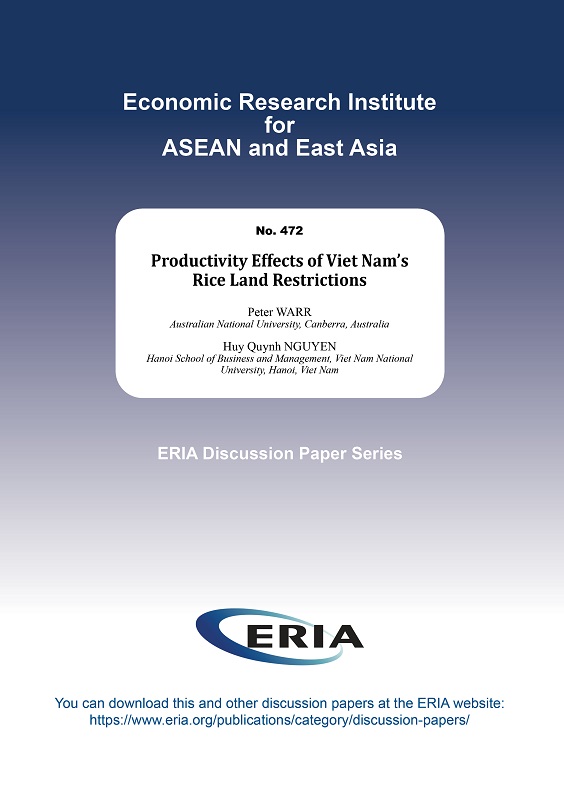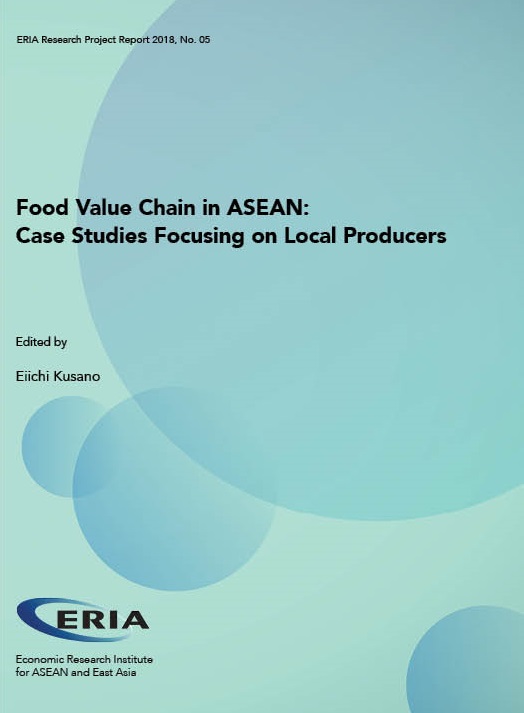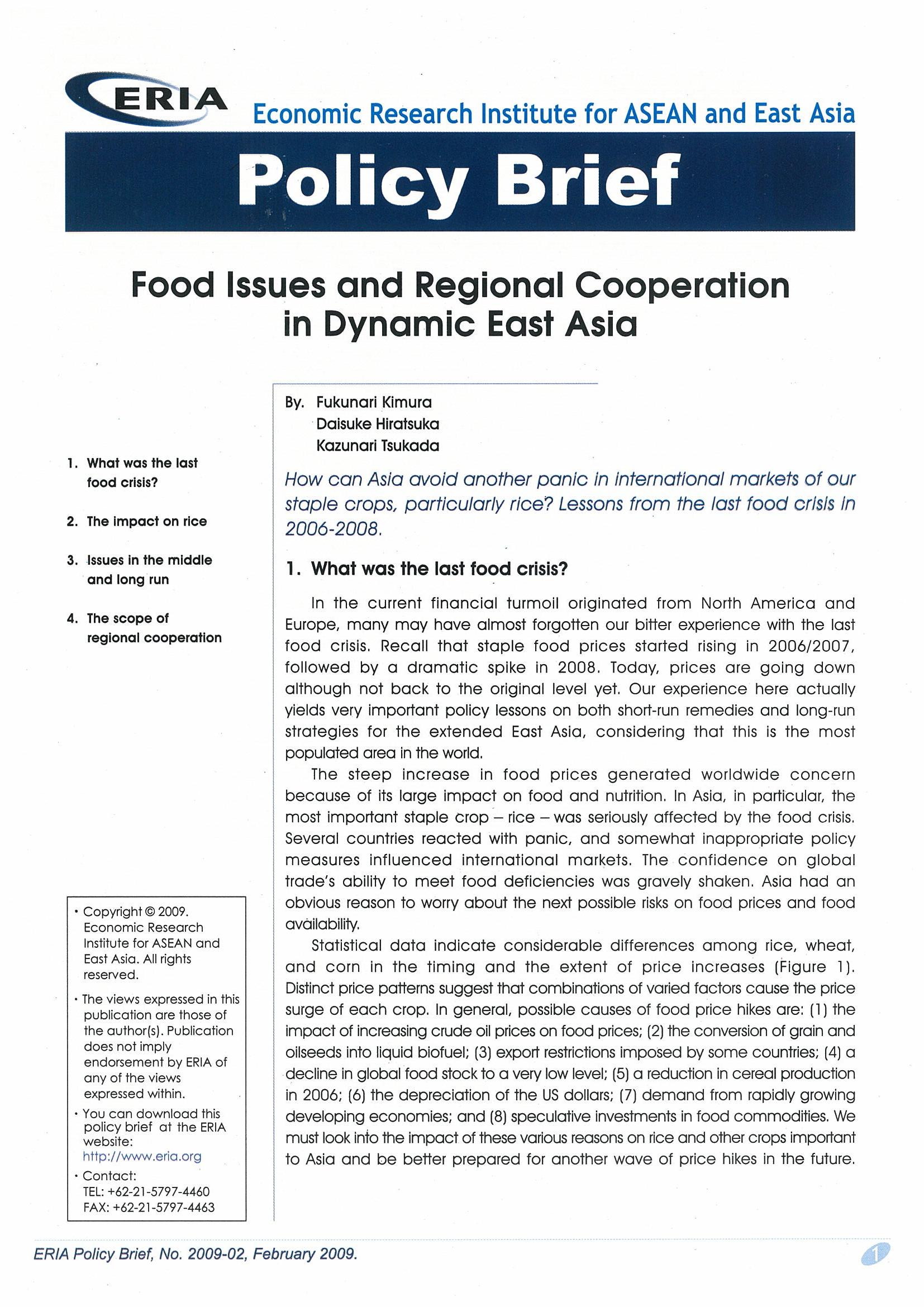Productivity Effects of Viet Nam’s Rice Land Restrictions

Date:
27 March 2023Type:
Discussion PapersTags:
Agriculture, Viet Nam, land policy, land restriction, productivityPrint Article:
Viet Nam’s 1986 programme of market-oriented economic reforms did not include the freedom of farmers to choose their crops independently. Large areas of land remain restricted to rice production. This paper studies the effects of this policy on agricultural productivity, using panel data from the Viet Nam Access to Resources Household Survey (VARHS), covering the years 2008 to 2016. The econometrics uses fixed effects methods with and without the additional use of instrumental variable methods to allow for the possible statistical endogeneity of the restrictions. The findings are that the crop choice restrictions reduced the overall productivity of annual crop land by about 5%, reduced the overall productivity of farm labour by about 8% and reduced the mean incomes of farm households by 5%–6%, implying increased levels of rural poverty. Moreover, rice output would have been no lower if the restrictions were removed.




